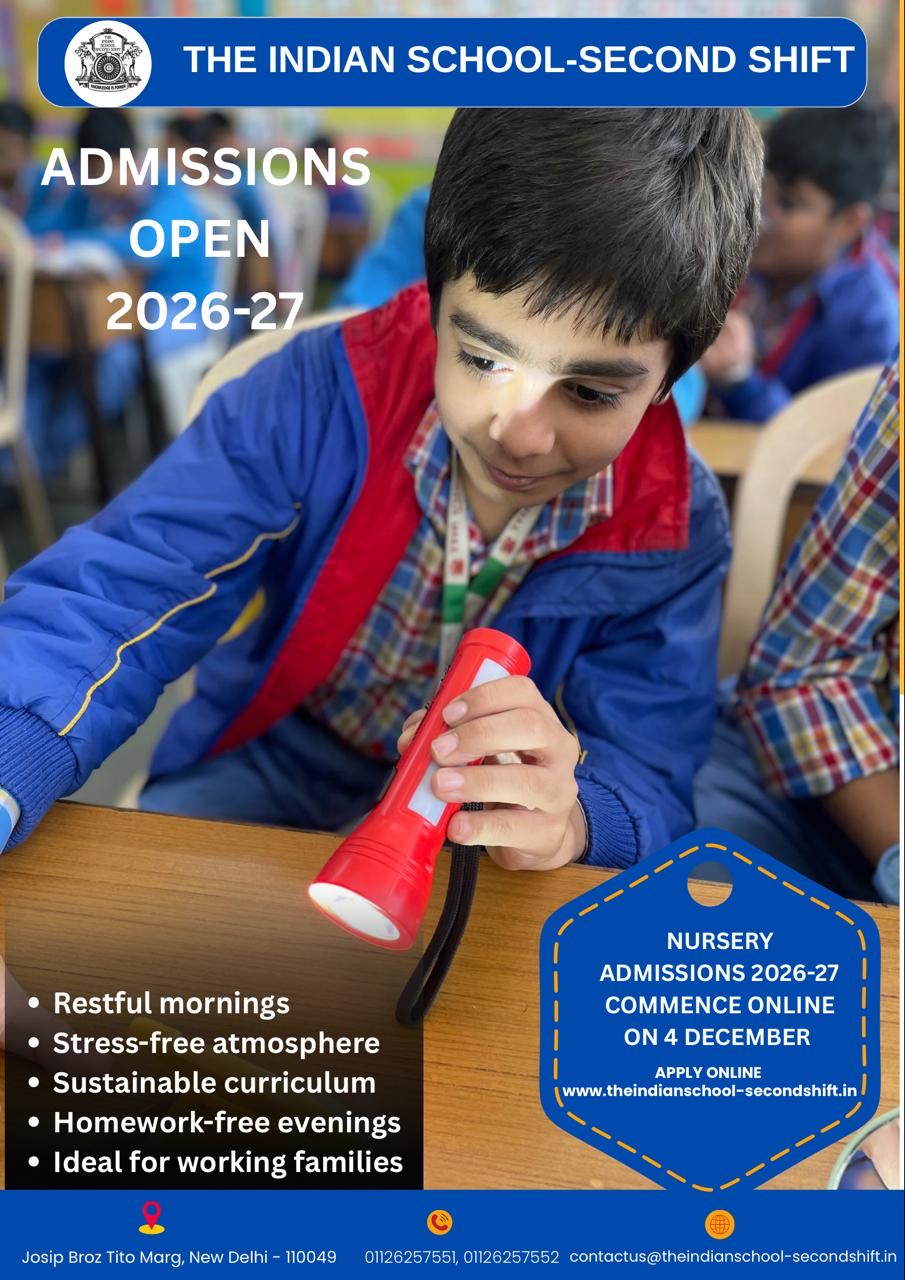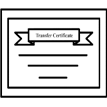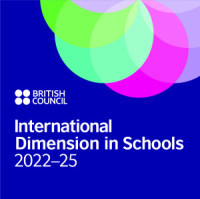Teacher Effectiveness and Motivating School Children- a workshop by Dr. Harish Chaudhry.
" Excellence in education is when we do everything that we can, to make sure they become everything that they can." - Carol Ann Tomlinson
There is perceptibly a strong desire and effort to deliver excellence in education. The constraints are many as are the unanswered questions. On those lines, a workshop emphasising
the various aspects of educational practices to improve the standards of education was conducted for teachers on 28 June, 2016. The facilitator for the workshop was Dr. Harish Chaudhry, professor at IIT DELHI, and a consultant and trainer of repute in the corporate sector. He has undertaken substantial research on values and quality in education and has conducted several training programmes for school principals, parents and teachers.
[gallery link="none" ids="7299,7300,7301"]
The workshop dealt with evolution of educational thought and its quality, managing learning, information and communication technologies and the role of teachers. Dr. Chaudhry explained that the purpose of education is developing an intelligence that enables a child to deal with the environment; one that moulds him/ her into a healthy, intelligent and contributing citizen by arming him/ her with skills to navigate through knowledge.
In a nutshell,
The core issues of educational practice need specific evaluation of models and innovative approaches.
Teachers must examine their current practices, envision newer goals, re-engineer their processes and self-evaluate change.
The rationale, reason, logic, social manifestation of a subject is more important than just facts.
Subjects are only contexts for learning. We must build the relationship of the context of the subject to the real world. A teacher needs to know the subject and know the child, and then plan the remedial intervention.
The primary role of the teacher is to motivate a child, build his self-esteem and make the child a reader and a thinker.
The difference between superficial learning and deep learning a child learns by thinking and doing. Listening can be input to memory but deep learning is only through thinking and doing.
Conducting assessments improves learning. To get the fear of assessment out of children - increase the frequency of assessment, and do not make it judgmental.
A teacher should be willing to take a feedback - should be able to create an environment in the classroom where disagreement (with the teacher) is honoured.
Review of our teaching systems and pedagogy as well as mentoring of the teachers amongst each other is important.
The workshop was very thought-provoking and informative. It gave fresh insights into new methods of teaching. It also gave the teachers a chance to retrospect and introspect. It was a wonderful opportunity for our teachers to meet and interact with Dr. Chaudhary. His suggestions will indeed have a lasting impact on the teachers and they are certain to incorporate several of his suggestions into their practise.
Ms. Kritika Negi.










